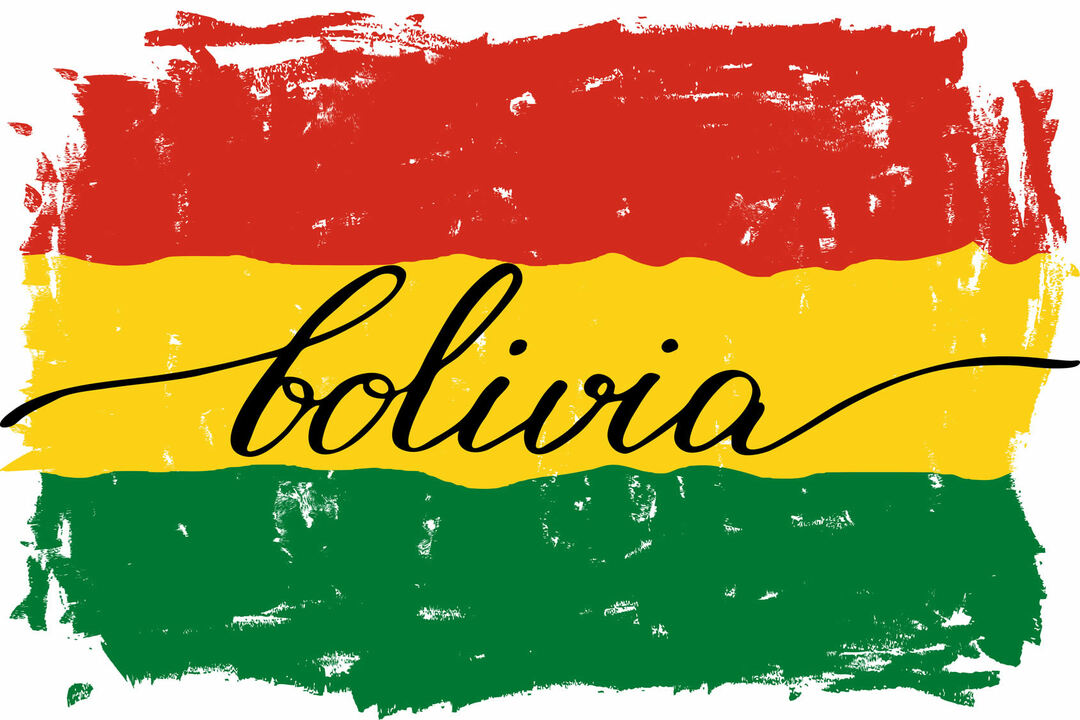Examples of Theoretical Framework
Miscellanea / / March 16, 2022
The theoretical framework is a section of a research paper, whether it is a test, a monograph, a dissertation, a thesis, in which the concepts and theories that were used and that are relevant for the analysis of the subject in question are developed. This means that it is not only an explanation of a concept, but also of its relationship with the object of study of that work.
The theoretical framework should not be confused with the state of the art. The state of the art gives an account of the investigations carried out up to that moment within the thematic area that is being worked on. The theoretical framework, on the other hand, defines the explanatory and conceptual models on which the analysis carried out is based.
Functions of the theoretical framework
Some of the objectives of a theoretical framework are:
Structure of the theoretical framework
The structure of the theoretical framework is not rigid, but there are certain aspects that must be present:
Examples of fragments of theoretical frameworks
- Theoretical framework of an investigation about the reflections of the Greek classics as knowledge background that supports the philosophical argument of the sociopolitical doctrines of John Stuart Mill and Carlos Marx
Research title: Reflections of Greek classics as prior knowledge in the philosophical argument of sociopolitical doctrines in philosophy students
Realized by: Ricardo Jose Cortez Fernandez – Mario Antonio Vasquez Cohello
Abstract:
1.2 Theoretical Basis
1.2.2 Plato (427-347 BC)
This philosopher is the most notable of the disciples of Socrates, but we begin with an important aspect to consider, then, although it is a small passage, it turns out to be significant in his great work La República: “Descendí yesterday to Piraeus”. And this, as evidenced by Gutiérrez (2008), makes clear reference to the philosopher who has left the cave and returns to it to try to free those who are imprisoned in it.
This quote marks the beginning of the writing of The Platonic Republic, and for our purposes it is instructive in two respects: first; how significant it is for the philosophy students of the EEGG Academic Unit, and second; the unequivocal relationship for the understanding of the modern sociopolitical ideas of Mill and Marx.
- Theoretical framework in a philosophical investigation around the concept of ideology
Research title: The status of ideology from Marx to Althusser.
Realized by: Fabian Parra
Abstract:
The characteristic tensions of the notion of ideology are already present in the earliest source for the study of it, at the very beginning of modern thought: the doctrine of idols of the British philosopher Francis Bacon (1561-1626). For Bacon, idols represented those tendencies inherent in the human spirit that distance it from scientific knowledge of reality. The Baconian heritage was collected in the coining of the term 'ideology' by Destutt de Tracy (1754-1836) to name the new science that was to undertake the scientific study of ideas.
This study was conceived according to empiricist principles, similar to those of Locke, in which it should find the justification for carrying out an orthopedics of thought that was also, immediately, an orthopedics Social. However, the problematic nature of the notion of ideology has been inscribed in its very formulation-coining in The German Ideology, where Marx and Engels present a concept constructed by a set of affirmations or theses that are plausible considered individually, but that are jointly inconsistent.
This aporetic character is manifested especially in the statute of the critique of ideology that has been haunted by the emergence of difficulties at the epistemological level that reveals the persistence of a representationalist assumption about the nature of conscience, which has been, in our opinion, correctly criticized by the contemporary proposal of Louis Althusser, who tries to avoid the difficulty in question. Indeed, the Althusserian materialist proposal, by breaking with the problem of traditional epistemology, made possible a reconceptualization of the notion of ideology. that manages to get out of the dilemma in which the Marxian ideological criticism ends, to which it is possible to impute elements corresponding to an epistemological position of a realist type.
- Theoretical framework of a postgraduate course on attention deficit disorders
Research title: Attention deficit disorder. A diagnosis in question. Notions to rethink the teaching function
doneby: Lic. Ana Bianco – Lic. Michaela Tuja
Abstract:
According to Foucault, the clinic has existed since ancient times, as a relationship of man with himself, of what makes him suffer with what relieves him. Transmitted then from one to another, it became a universal relationship of humanity with itself until writing and language were inaugurated. secret, and the knowledge was distributed among a privileged group, where the disease was not learned in and with the patient, but in the systems nosological.
In the 18th century, this author points out, the clinic experienced a sudden restructuring; detached from the theoretical context, it received a field of application no longer limited to that context in which knowledge is said, but coextensive with the whole of medical experience. Reunion of the look and the word. It will no longer be a question of an encounter with the patient from an already formed experience, but of the absence of any previous structure, of a domain in which the truth teaches itself and, the same way, to the gaze of the experienced observer and to that of the still naive apprentice... I recover from the individual variations that had been eliminated by the medicine of the species.
Foucault says, referring to the medicine of the mid-seventeenth century, that the clinic is reorganized into "a complex body, coherent, in which a form of experience, a method of analysis and a type of teaching are brought together” (Foucault 1963).
Similarly, Sigmund Freud states at the beginning of the 20th century that “‘Psychoanalysis is the name: 1st Of a method for the investigation of psychic processes... 2. Of a therapeutic method of neurotic disturbances based on such research; and 3.º From a series of psychological knowledge thus acquired, which gradually constitute a new scientific discipline” (Freud, 1922).
For both, the clinic integrates a practice, a method, a body of knowledge, a type of teaching.
- Theoretical framework of a literary research about the relations of Argentine literary criticism with the thought of Michel Foucault, Jacques Derrida and Gilles Deleuze
Research title: Uses of Foucault, Deleuze and Derrida in Argentine literary criticism (1980-2010)
Realized by: Natali Antonella Incaminato
Abstract:
In modernity, this relationship has a particular twist based on certain historical and discursive milestones; in principle, from the historical division between "Philosophy" and "Literature" at the end of the 18th century, when the latter begins to be used in its modern meaning; Raymond Williams states: "Literature was primarily the ability to read and the experience of reading, and this included philosophy, history, and essays as well as poems" (1980: 62). For his part, Jacques Rancière places the appearance of the “aesthetic regime of the arts” in the same period pointed out by Williams, which identifies the writing practices and the institutions that we recognize as literary, a regime that implies the ruin of the system of representation (Rancière, 2009: 39). Rancière's characterization of this regime in The Distribution of the Sensitive. Aesthetics and politics and in The silent word. Essay on the contradictions of literature gives an account of a coincidence between the moment in which the slippage of meaning of the word «literature» ends and that other moment in which which the philosophical-poetic speculations are elaborated that will support, until today, the claim of literature to be an unprecedented and radical exercise of thought and language. Literature, as a term that designates the historical mode of visibility of the works of the art of writing, produces the distinction of other writings and consequently produces discourses that theorize this distinction, "but also those who desecrate it to refer it either to the arbitrariness of judgments, or to positive classification criteria"4 (Rancière, 2009: 13). Unlike the representation system, in literature as an art of writing in the aesthetic regime the distance of language is expressed with respect to itself and the expression of an unfolding arises through which everything can become language, which is what defines the "genius poetic".
- Theoretical framework of a research that proposes an improvement in the area of health and safety at work from a new legislation in Peru
Research title: Proposal to improve an Occupational Health and Safety Management System based on Law 29783, the OHSAS 18001 Standard, the Sectorial Standard RM 111-2013- MEM/DM, to reduce occupational accidents in a maintenance and facilities company electrical
Realized by: Dennis Bendezu Regalado
Abstract:
2.2. Theoretical bases
2.2.1. General features.
2.2.1.1. Security and health at work.
OSH is the discipline that is responsible for studying the “conditions and factors that affect, or could affect, the health and safety of employees or other workers visitors or any other person in the workplace” (BSI 2007: 4), that is, the physical, working, organizational conditions in which workers carry out their functions and that can negatively influence the safety of workers and factors such as: Conditions in which the work is carried out, work environment, pollutants, load labor, etc.
These conditions and negative factors affect the safety of the worker, which have a direct impact on the health of the workers, according to the The World Health Organization (WHO) defines the word Health, "as the ability of people to develop harmoniously in all spaces that affect your life"
2.1.2. Industrial hygiene.
Industrial Hygiene can be defined according to the American Industrial Hygiens Association (AIHA), from the study material of the Specialization Program Industrial Safety dictated by the Industrial Engineering faculty of the UNMSM as: "Activities dedicated to the recognition, evaluation and control of those environmental factors or stresses emanating or caused by the workplace and that can cause illness, destroy health and welfare, or create any significant discomfort among workers or citizens of the community” (Module II Hygiene and Occupational Health, 2012, P.3).
It can serve you:



